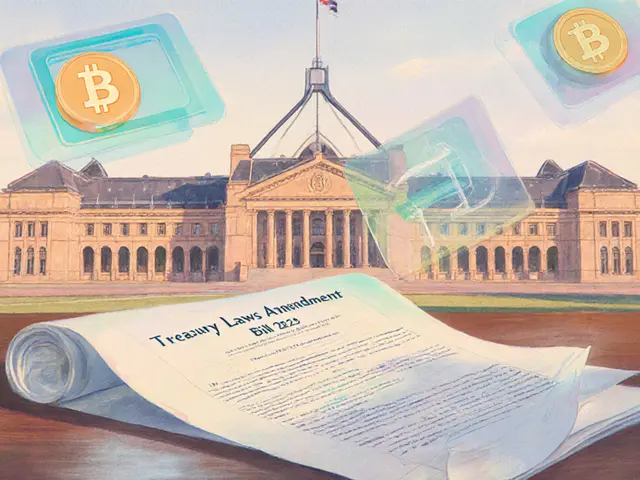DEX Explained: What Decentralized Exchanges Are and Why They Matter
When you trade crypto on a DEX, a decentralized exchange that lets users trade directly from their wallets without handing over control of their funds. Also known as non-custodial exchange, it removes banks, brokers, and middlemen from the equation—giving you full control over your assets while you trade. Unlike traditional platforms like Binance or Coinbase, a DEX runs on blockchain smart contracts. That means no one holds your crypto. No one can freeze your account. No one can disappear with your money—because the code does the work, not a company.
Most DEXs connect directly to wallets like MetaMask or Phantom. You swap tokens using automated market makers (AMMs), not order books. This is the backbone of DeFi, a system of financial services built on open blockchain networks that don’t require permission to use. DeFi isn’t just about trading—it’s about lending, earning interest, and accessing global markets without a bank account. And DEXs are where most of that action happens. You’ll find everything from stablecoin swaps to meme coin trades on platforms like Uniswap, SushiSwap, or Cube Exchange—each with different fees, liquidity, and security trade-offs.
Not all DEXs are created equal. Some have high slippage. Others lock your funds in poorly audited contracts. A few even look like real exchanges but are honeypots designed to steal your crypto. That’s why our collection dives into real examples: you’ll see reviews of Cube Exchange, VyFinance, and ZBG—each showing what works, what doesn’t, and who they’re actually for. We cover zero-fee DEXs, non-custodial setups, and even how state channels help reduce gas costs. You’ll also find deep dives into tokens like DUCK, DEFIANT, and PINK—all traded on DEXs—and how their volatility ties into liquidity and tokenomics.
What you won’t find here are hype cycles or vague promises. Just clear, practical breakdowns of how DEXs really function, who uses them, and what risks you’re actually taking. Whether you’re swapping tokens for the first time or trying to understand why some exchanges have no reviews and no licenses, this collection gives you the facts you need to trade smarter—without trusting anyone else with your keys.

Amaterasu Finance is a dead crypto exchange with zero trading activity since August 2025. Learn why its trust score is 2/10, why no one uses it, and what real alternatives to choose instead.
Jonathan Jennings Oct 31, 2025




